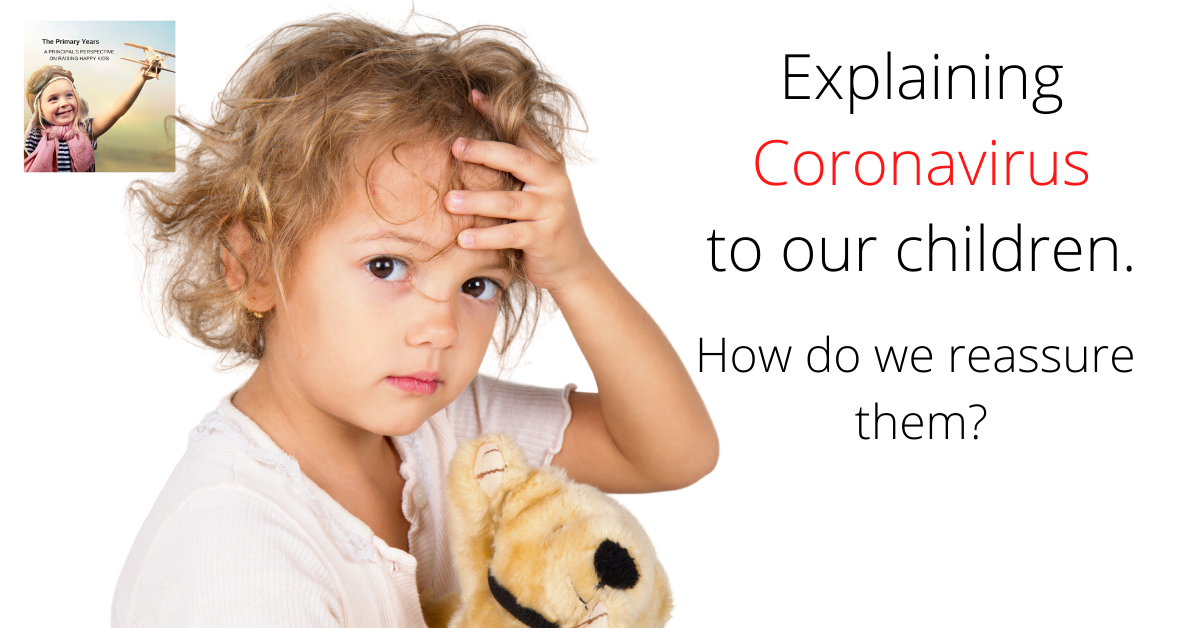And so, the debate rages in education about the value of rewarding success over effort. This article is not about finding the right solution to the debate but it is all about suggesting that some anxiety is good for a child. Call it a necessary growth curve.
Children need to be exposed to opportunities in order to work through some anxiety. This often includes giving them more independence. Certainly more emotional independence.
“It seems that you feel a little anxious about the test today. Good luck. You are making the effort which is itself a success”
It is here all about giving the child the skills to work through the anxiety.
“Good luck in the race. I am so pleased you are having a go. Well done.””
The child may not win the race but will feel better for exposing themselves to the process. This feeling of being part of the race gives them a feeling of involvement and achievement.
“Today, I hear you are visiting an aged facility to visit older people. You will see many people who are struggling with their health and age. This is a normal part of growing older.””
Here it is about bringing them into the situation so that they feel connected to the journey. If for example they grow attached to an elderly person over several visits who happens to pass on, consider the empathy and understanding they develop for life and the awareness of accepting and seeing difference. Yes, they will have had anxiety about the situation but come out from this experience, richer and stronger emotionally. Their understanding of life has grown.
Avoiding anxious moments that are within reason only delays growth intellectually and emotionally.
The anxiety will keep appearing and the later it gets to manage it, the more difficult it is to recover.
Children are very aware of differences. This is obvious as early as prep when they begin to read.
Here you notice their awareness and some anxiety about not reading as well as other children suggest:
“I love the fact that you try so hard in reading. Every time you read; you are getting better”
The child will need to accept differences and appreciate and value their own capabilities which also comes with limits.
A few final tips to help parents support children dealing with mild anxiety.
Talk to your child about the things that make you anxious and tell them about the strategies you use to help work on the problem.
Talk about anxiety as being part of life. We have it in many forms from rushing to be on time, to more anxious moments of performance in races, tests, work etc.
Talk positively about how a child manages their anxiety.
“It sounds like you have to sing in the concert. Of course you feel nervous. Well done for all the effort in practising. This is a great way to get ready for your performance.”
Read stories to the child on how others overcame struggles and anxiety. There are wonderful books on building emotional stamina and overcoming anxiety suitable for children of all ages.
Point out public figures (choose wisely) who have worked hard to overcome their anxieties. Children love hearing about sporting heroes such as basketballers etc. They enjoy identifying with others who have worked on their anxieties and improved their emotional stamina.
Finally, a child who has success in working through mild anxieties is more resilient when bigger anxieties come their way. They develop a set of skills that give them the strength to work through issues. They are not left helpless swimming through anxiety that grows insurmountably causing them to withdraw.





